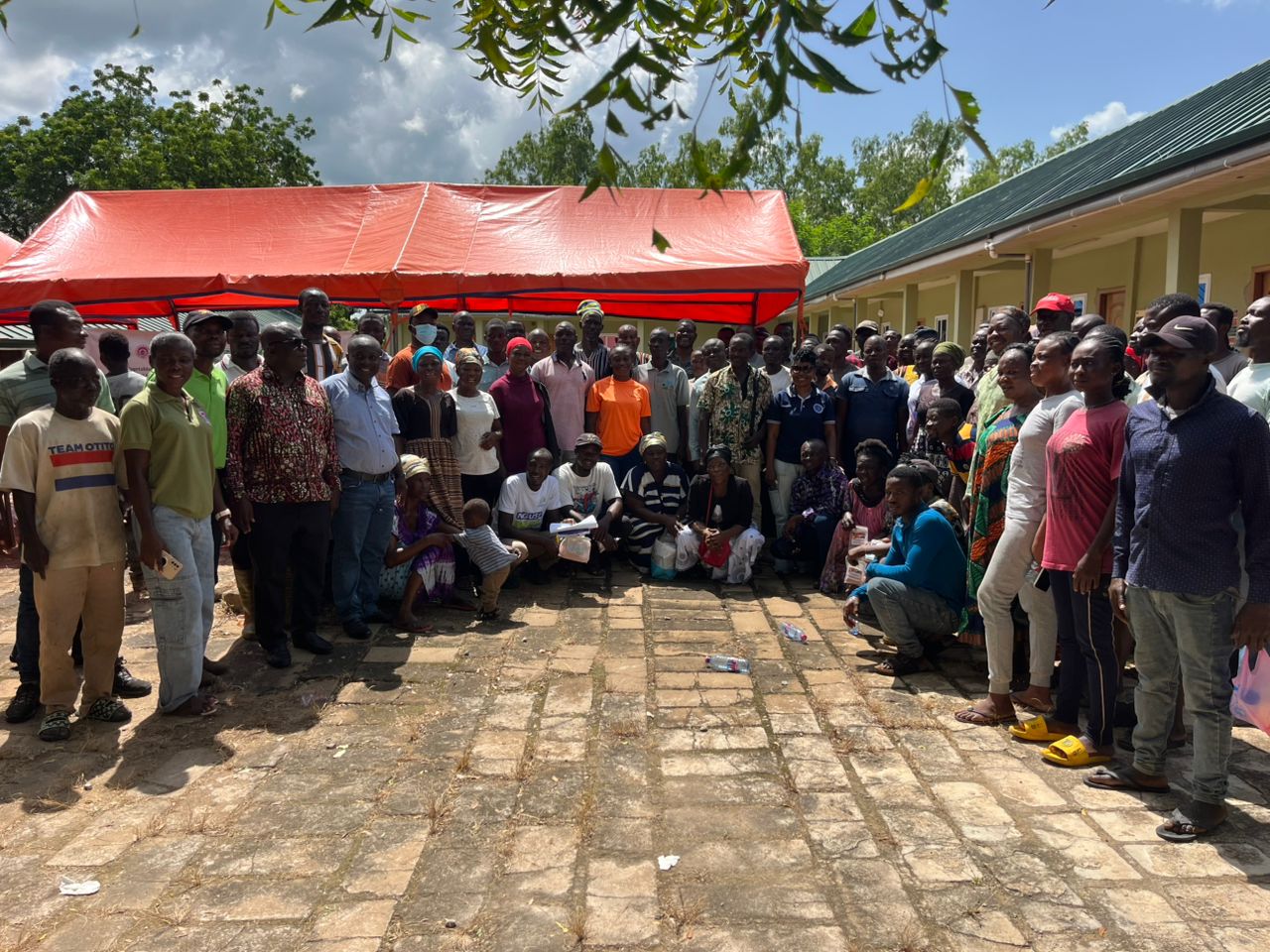UPPER EAST REGION FARMERS BENEFIT FROM CSIR-CRI’S FOOD NUTRITION CAMPAIGN
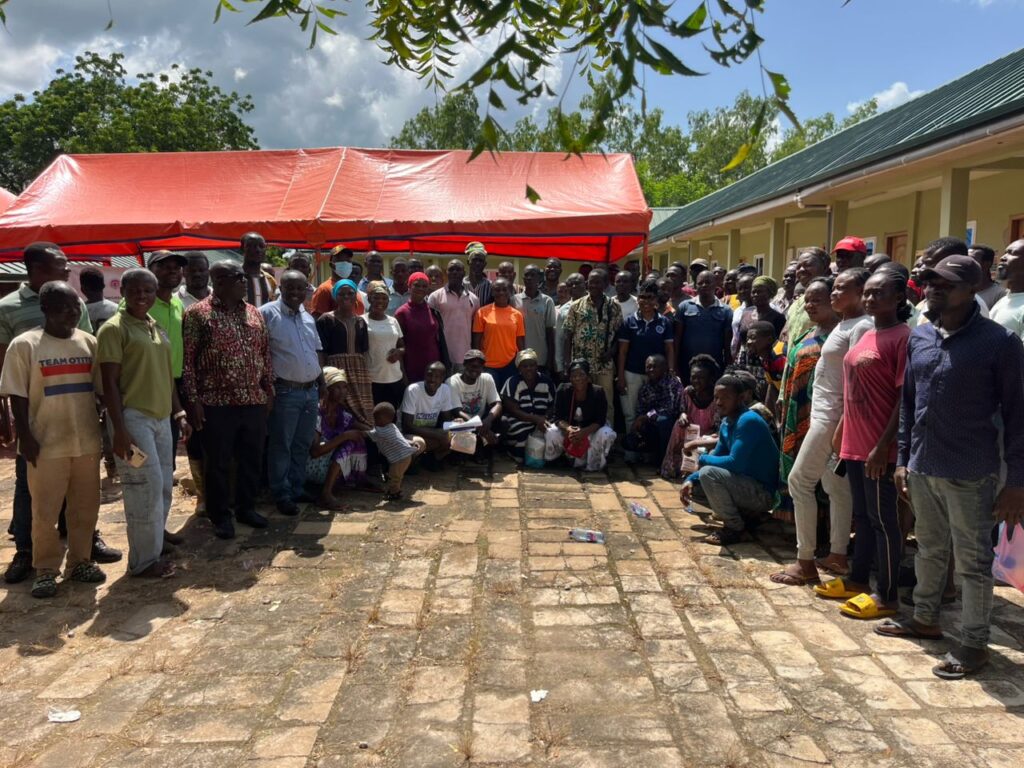
The Council for Scientific and Industrial Research, Crops Research Institute (CSIR-CRI), organised an impactful food nutrition campaign on Tuesday, 30th September 2025, in Tono, Kassena-Nankana Municipality of the Upper East Region. This notable durbar brought together various stakeholders, especially farmers who have been introduced to improved vegetable varieties, to educate them on the significant nutritional benefits of these crops.
Technologies for African Agricultural Transformation (TAAT) Project
The event was part of the Technologies for African Agricultural Transformation (TAAT) project, launched by the African Development Bank in 2018 and spearheaded by CSIR-CRI. The TAAT project seeks to promote agricultural practices and improve livelihoods by developing climate-resilient crops that are rich in nutrients, thereby ensuring food security across Africa.
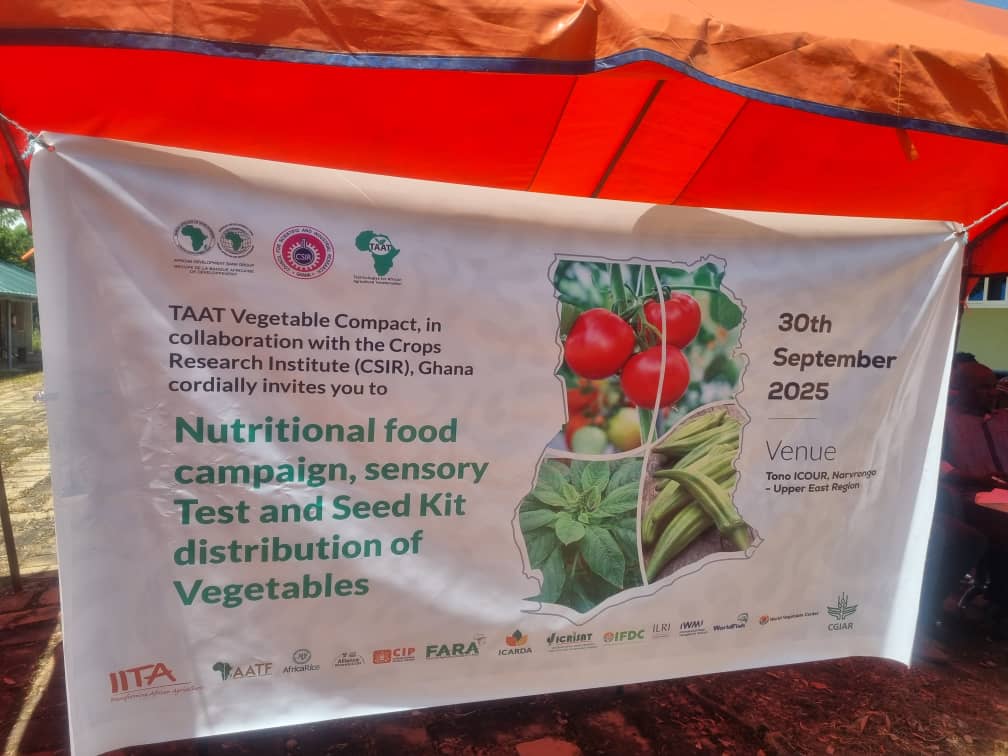
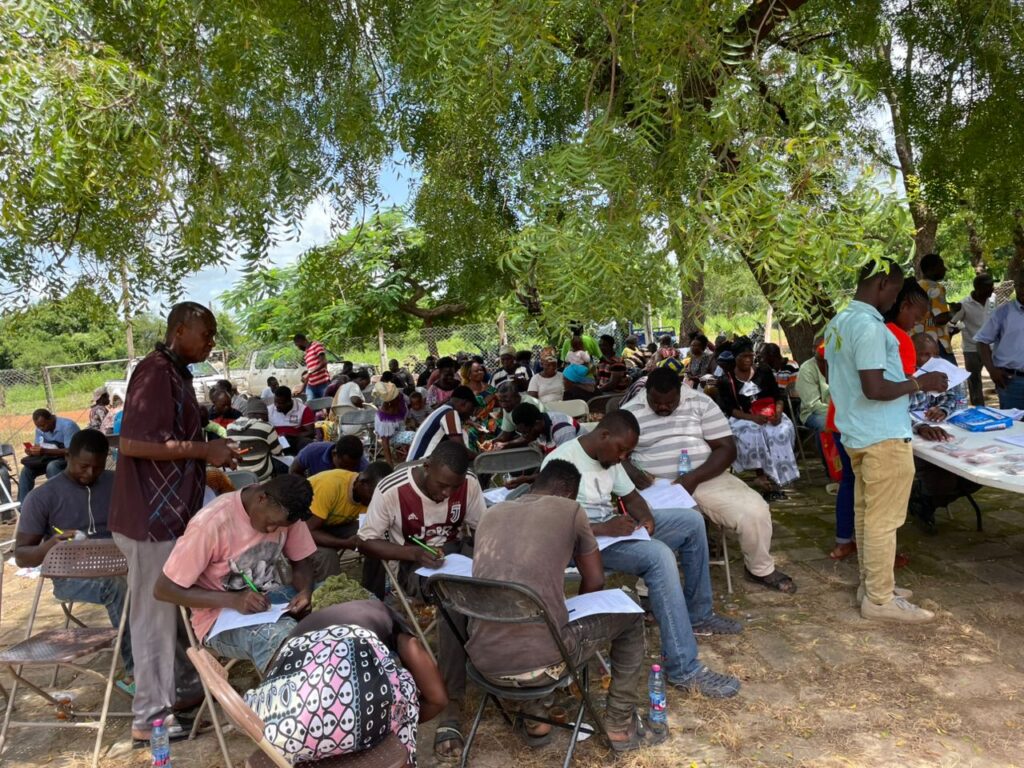
Participation and Coverage
Farmers from the Kassena-Nankana Municipality, Talensi, and Bongo District, all situated in the Upper East Region, took part in the campaign. The gathering offered an essential platform for interaction, knowledge exchange, and distribution of improved vegetable varieties.
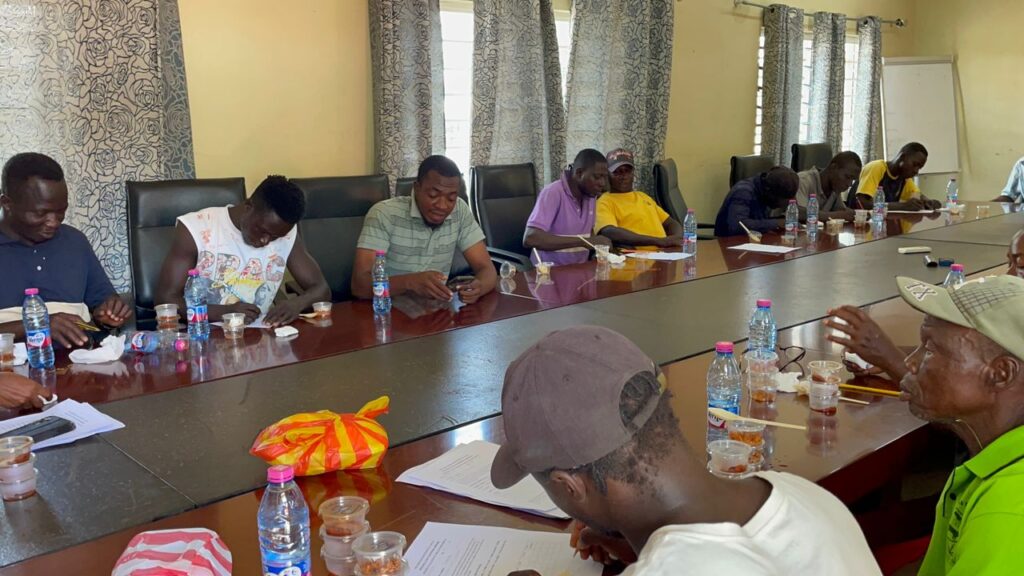

Project Objectives and Achievements
Dr. Michael Kwabena Osei, Principal Research Scientist and Vegetable Breeder at CSIR-CRI and Project Leader, emphasised that the project aims to develop improved seeds for vegetables such as tomatoes, okra, and amaranth that can withstand climate change, thereby ensuring food security and nutritional improvement.

Two tomato varieties, CRI-Kwabena Kwabena and KOPIA Tomato, have been released while the okra and amaranth lines are yet to be released. The improved tomato varieties are early-maturing, climate-resilient, and high-yielding, producing up to 20 tonnes per hectare compared to 10 tonnes for local varieties.
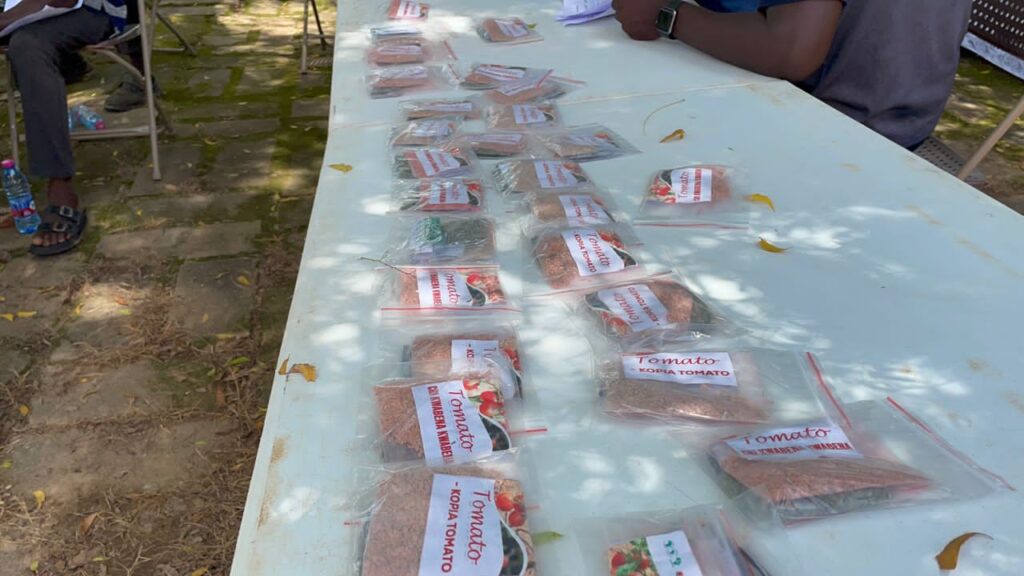
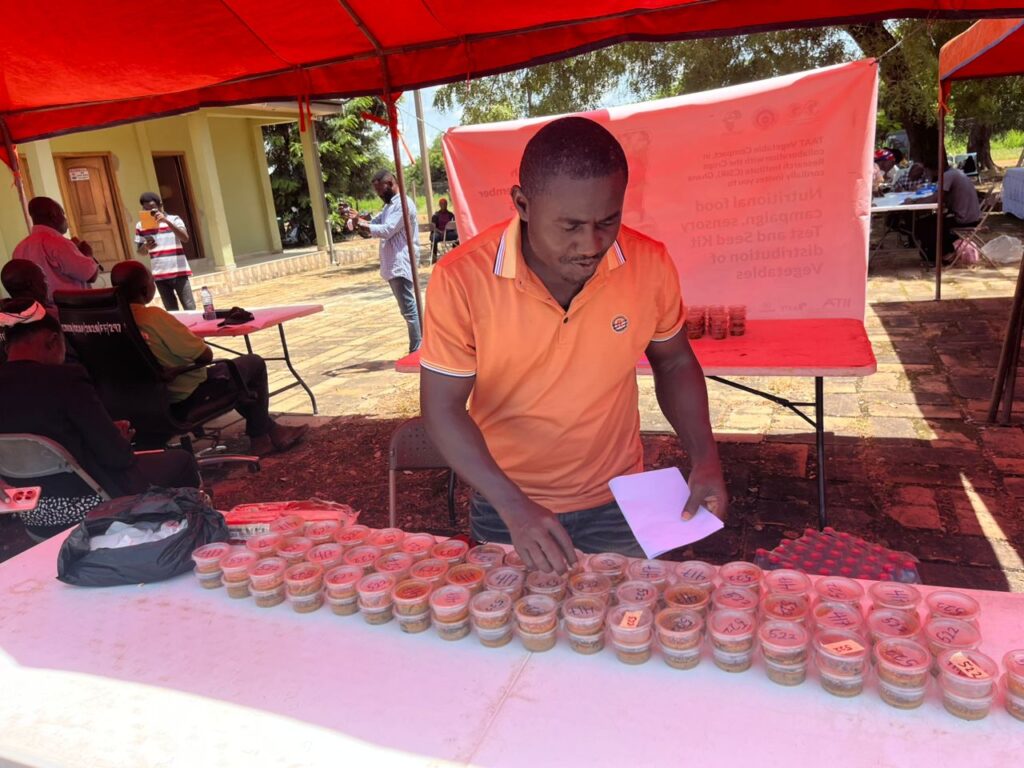
The improved varieties offer potential benefits, including higher yields, better health outcomes due to their nutritional content, and economic advantages for farmers.
Nutritional Significance and Climate Change
Ms. Jessica Kukua Baidoo, Research Associate at the World Vegetable Center, emphasised the importance of dynamic breeding efforts in response to climate change and reaffirmed the commitment to collaborate with CSIR-CRI to ensure farmers adopt these improved varieties for increased productivity and well-being. The changing climate requires the development and adoption of resilient crop varieties.
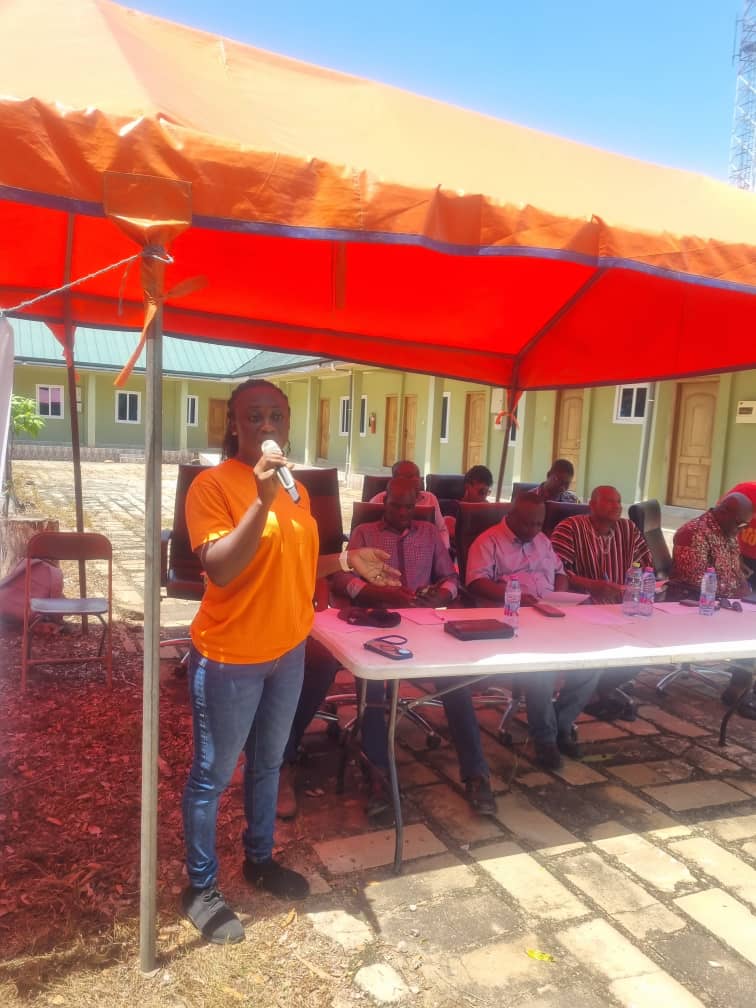
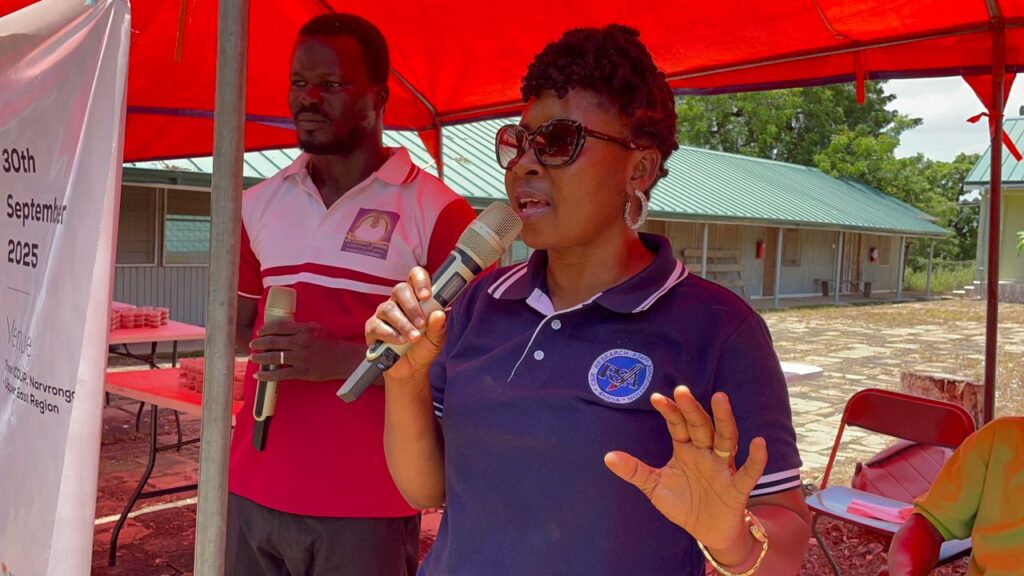
Addressing Health Concerns
Mr. Kingsley Kawi, a Nutritionist at the Ghana Health Service, Kassena-Nankana Municipal Directorate, praised the project and expressed appreciation for the initiative, emphasising the high prevalence of anaemia in pregnancy in the region and the potential of these vegetables to help reduce this issue.
Sensory Test and Seed Distribution
The event included a sensory test where participants evaluated dishes made with tomato, okra, and amaranth. Free seed kits of the tomato varieties and elite lines of okra and amaranth were given to farmers.
The sensory test aimed to evaluate the acceptance and preference of the new varieties based on taste, appearance, texture, colour, and aroma. Participating farmers expressed appreciation and acknowledged the quality of the vegetables, hoping for continued engagement and sustainability.
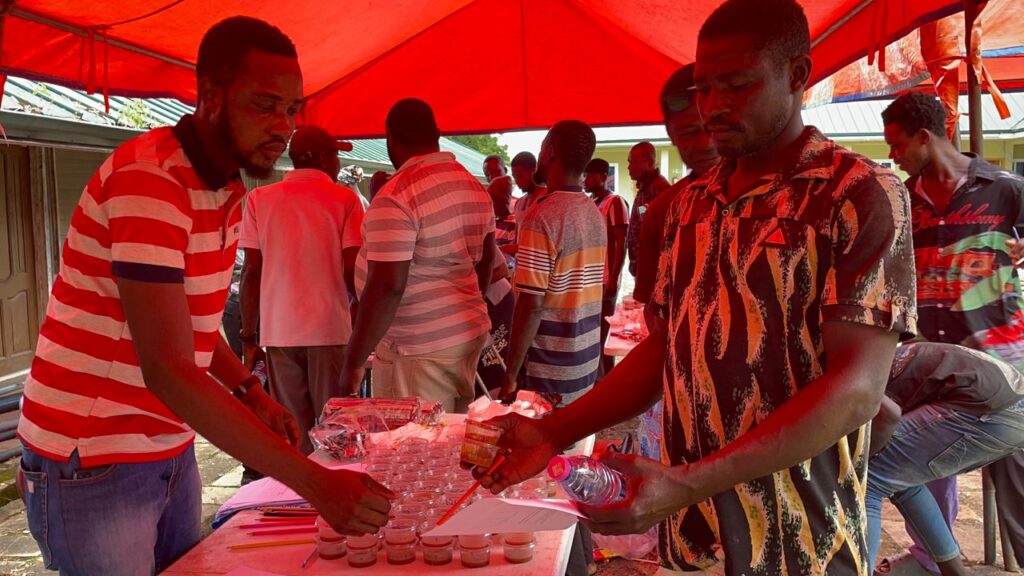
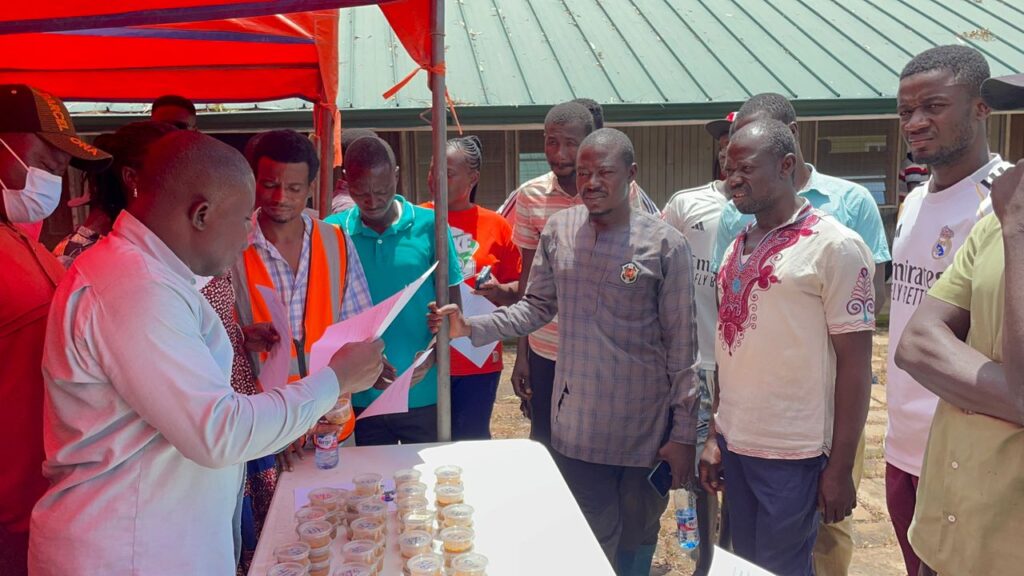
Impact and Expectations
Officials like Mr. Kasim Salifu, Head of the Agric Department in the Kassena-Nankana Municipality, and Mr. Sulemana Matthew, Talensi District Director of the Department of Agriculture, noted the timeliness and potential impact of the project on vegetable production, food security, nutrition, and the economic status of farmers in the region. The improved varieties are expected to enhance farmers’ incomes and contribute to health improvements. The project is anticipated to reorient farmers towards increased tomato production in the Kassena-Nankana Municipality.
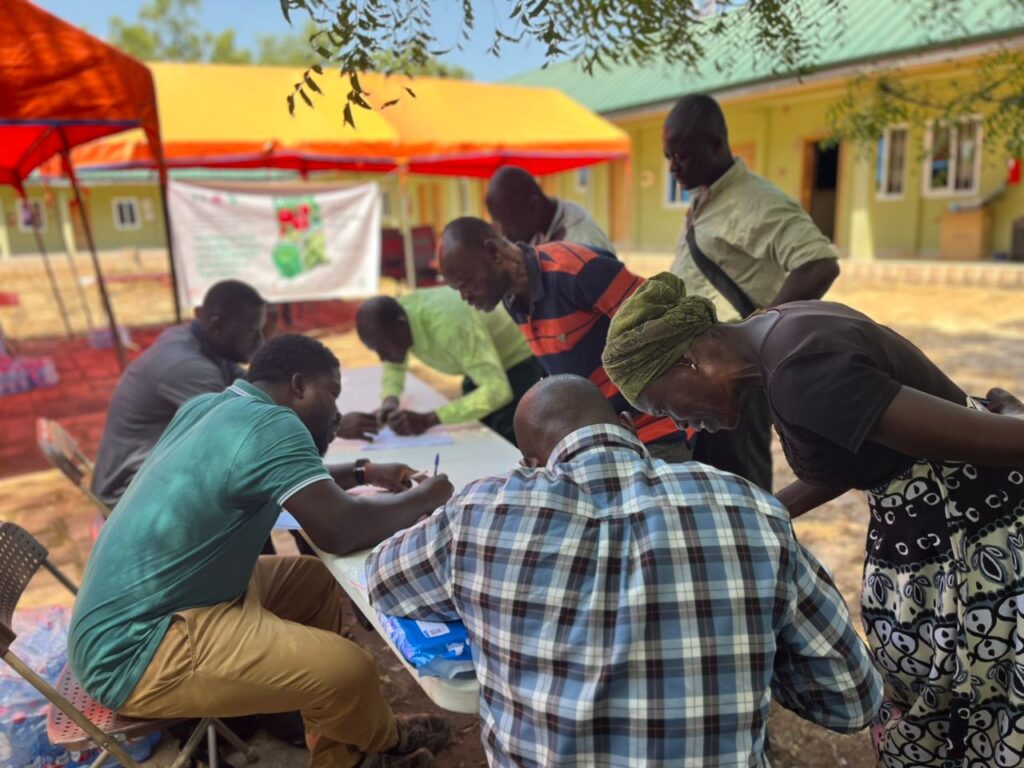
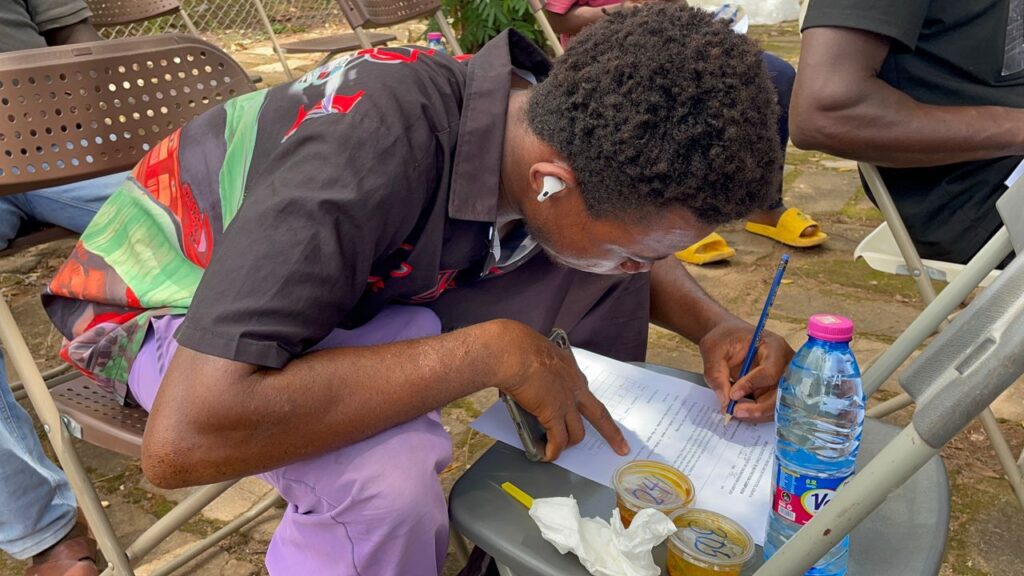
The CSIR-CRI’s food nutrition campaign is expected to have a significant and enduring positive impact on agriculture, nutrition, and farmers’ livelihoods in the Upper East Region of Ghana, contributing to enhanced food and nutrition security through sustainable vegetable pr
Contributors: Lynda Gifty Serwaa Nsafoah, Wisdom Orlando Ayeh
Publisher: Enoch Bobie Agyemang

